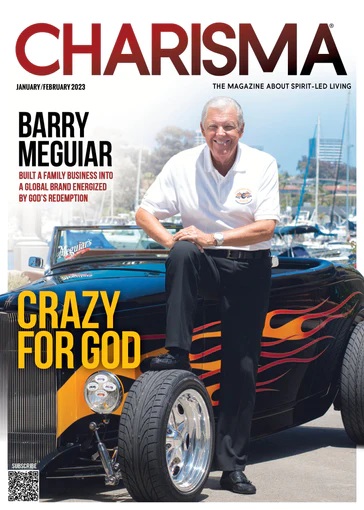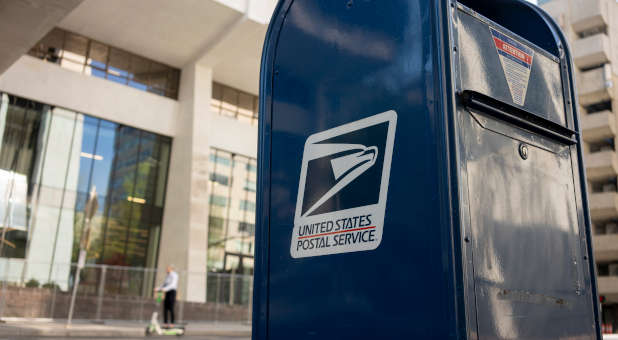Christian Postal Worker’s Case to Go Before the Supreme Court
Read time: 2 minutes 1 second
In an effort to be obedient to the Word of God as he sees it, former postal worker Gerald Groff of Pennsylvania will have his case heard by the highest court of the land in a religious discrimination case.
The U.S. Supreme Court decided on Friday, Jan. 13, to review the Groff v. DeJoy case decided by the Third Circuit Court of Appeals.
The Third Circuit Court ruled that the United States Postal Service (USPS) did not have to provide a religious accommodation to Groff in regards to working on Sundays. They claim that by granting this accommodation, the USPS would suffer from undue hardship.
Circuit Court Judge Patty Shwartz, appointed by Barack Obama, wrote in the ruling:
“Exempting Groff from working on Sundays caused more than a de minimis cost on USPS because it actually imposed on his coworkers, disrupted the workplace and workflow, and diminished employee morale.”
The case for Groff, being represented by First Liberty Institute, Baker Botts LLP, the Church State Council and the Independence Law Center, hopes to revisit the 1977 Trans World Airlines v. Hardison opinion that saw the “undue hardship” decision made precedent.
“No American should be forced to choose between their religion and their job,” said First Liberty senior counsel Stephanie Taub. “We are asking the Court to overturn a poorly-reasoned case from the 1970s that tips the balance in favor of corporations and the government over the religious rights of employees.”
“Observing the Sabbath day is critical to many faiths—a day ordained by God. No one should be forced to violate the Sabbath to hold a job,” said Randall Wenger of the Independence Law Center.
Lead trial counsel Alan Reinach of the Church State Council stated: “Workers have suffered too long with the Supreme Court’s interpretation that disrespects the rights of those with sincere faith commitments to a workplace accommodation. It’s long past time for the Supreme Court to protect workers from religious discrimination.”
Groff’s case is going before a favorable Supreme Court when it comes to religious liberty cases. With a current 6-3 majority of conservative judges appointed by Republican presidents, Groff’s team hopes to have an edge when it comes to overturning the Third Circuit Court’s decision.
Justices Samuel Alito, Clarence Thomas and Neil Gorsuch have all stated their willingness to revisit the 1977 decision on the “undue burden” precedent. {eoa}
 Bring Charisma magazine home with a subscription today!
Bring Charisma magazine home with a subscription today!
James Lasher is Staff Writer for Charisma Media.














































